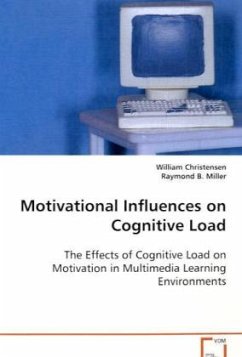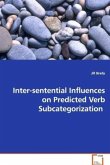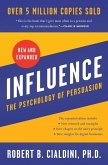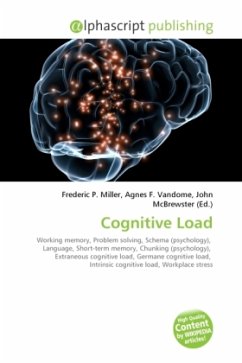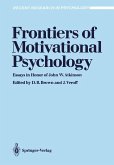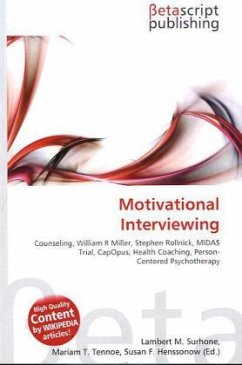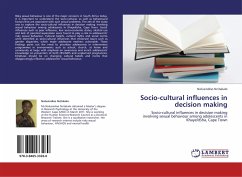The authors examined whether an extraneous cognitive
load condition adversely affected participants
performance, self-efficacy, and anxiety related to
learning about Pearson's correlation. The authors
provide a review of the existing literature on
cognitive load and numerous motivational constructs
to establish a foundation for research examining how
extraneous cognitive load condition can possibly
affect learners' self-efficacy and anxiety. This
study yielded a mixture of significant and non-
significant findings regarding the effect of
extraneous cognitive load upon motivation and
performance. The study results suggested two things.
First, the correlation instruction improved
participants self-efficacy. Second, that there were
confounds such as processing time and content domain
that may have affected the results. This suggests
that extraneous cognitive load conditions can still
adversely impact motivation and performance, but
further research is needed to examine these issues.
load condition adversely affected participants
performance, self-efficacy, and anxiety related to
learning about Pearson's correlation. The authors
provide a review of the existing literature on
cognitive load and numerous motivational constructs
to establish a foundation for research examining how
extraneous cognitive load condition can possibly
affect learners' self-efficacy and anxiety. This
study yielded a mixture of significant and non-
significant findings regarding the effect of
extraneous cognitive load upon motivation and
performance. The study results suggested two things.
First, the correlation instruction improved
participants self-efficacy. Second, that there were
confounds such as processing time and content domain
that may have affected the results. This suggests
that extraneous cognitive load conditions can still
adversely impact motivation and performance, but
further research is needed to examine these issues.

